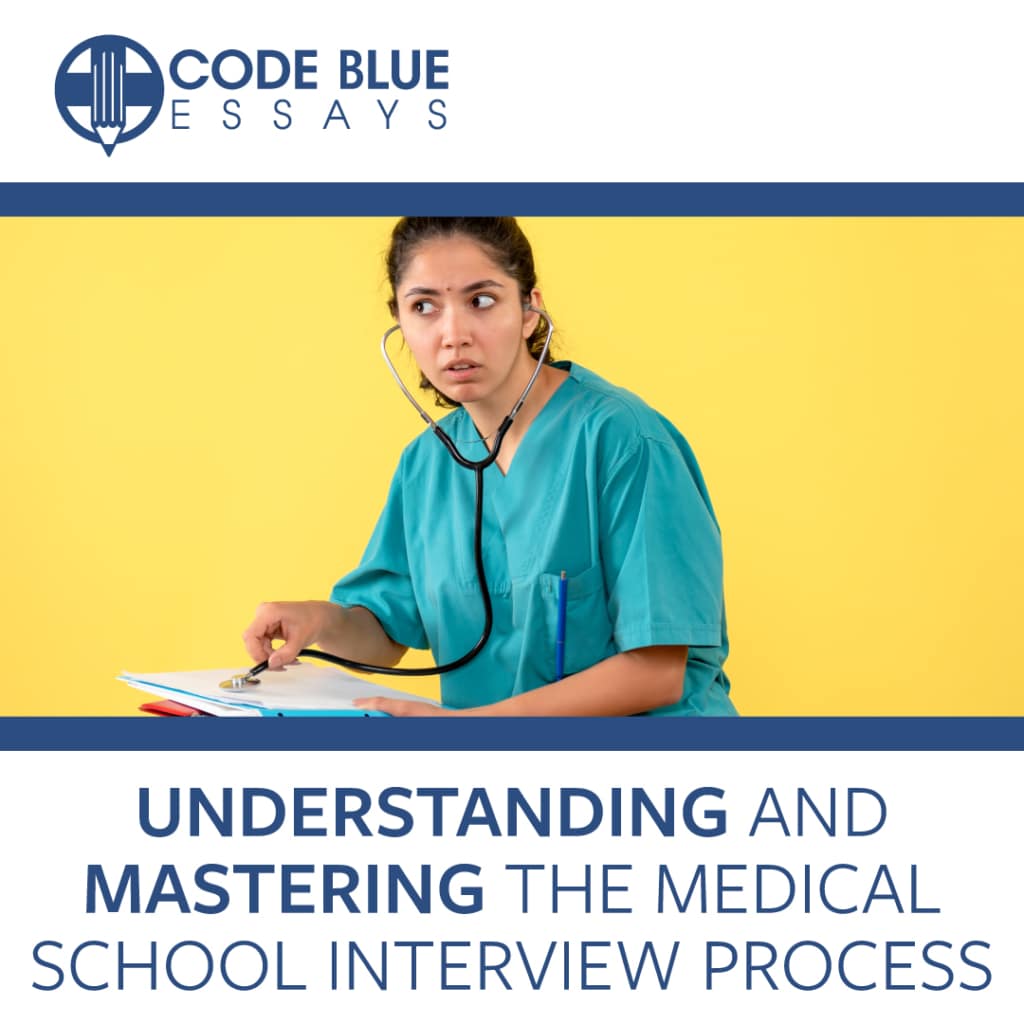Getting offered an interview is often one of your first steps into the medical school application process. And those we are offered an invitation should understand that these are not given lightly. The opportunity to interview is only given to promising candidates, in fact, usually only 10-15% of applicants get an interview offer.
This is the perfect chance for you to prove yourself and convince your school that you are a good fit for their program.
So let’s take a look at how to prepare for your medical school interviews, what the timeline looks like, and the different types of medical school interviews…
Preparing for your medical school interviews
It’s important to get ready to sell yourself! Admissions experts say that although a little anxiety is normal and understandable, try not to be self-conscious during your interviews. It’s important to exhibit confidence and make eye contact.
Lack of eye contact can be misinterpreted as a lack of interest in what the other person is saying. This is not the message you want to send. If you’re interviewing virtually, look into your camera so it appears you are looking into their eyes. Don’t worry about being too intense with your eyes, feel free to look away periodically. One way to prepare for your med school interviews is to ask friends, families, or co-workers to do mock interviews with you. Our team at Code Blue Essays can also help!
If you have an interview(s), be excited! You are one step closer to your dreams. Let the admissions team know you are happy to be there and grateful for the interview opportunity.
Timeline for interviews
Medical school interviews are extended on a rolling basis. If you apply closer to the beginning of the admissions cycle (late spring or early summer), you’ll begin receiving interview invitations in early fall. Most will happen between September and January.
An invitation to interview is an honor, so if you decide not to accept it (maybe because you’ve chosen another school), always respond quickly to the invitation and express thanks. This is respectful to other applicants waiting anxiously for interview invitations. A speedy response to accept it is also necessary so you can get your name on the schedule before they fill up.
Different types of medical school interviews
There are different interview approaches that medical schools offer. Many use the traditional interview, where applicants speak about their personal credentials, experiences, goals, etc. Other schools do multiple mini-interviews (MMIs), where students answer questions about different topics and scenarios as if they are healthcare providers.
A few advantages of the MMI interview format include:
- It allows you to meet with several people so you are more likely to connect with one or several of your interviewers
- You’ll have the chance to discuss a variety of topics
- There are several MMI prompts– the most common approach is where the scenario is presented followed by a series of questions. Interviewees may be asked to roleplay, perform a task or provide guidance to someone else.
- Move quickly from one interview to the next
On the other hand, the traditional one-on-one panel interview style encourages longer conversations and interviewers may choose to use a scripted set of questions for all interviewees, or they may tailor them to each person individually.
No matter which interview you are in, use it as an opportunity to showcase your passion for medicine, your ability to think critically, and your communication skills. Remember to stay calm, be confident, and engage with your interviewers. With thorough preparation and genuine responses, you can impress the admissions committee and increase your chances of getting admitted!
The biggest mistake you can make in your interview is to come across as arrogant. Be polite, speak with humility, and be prepared to explain a time when you failed. And don’t forget– after the interview, be sure to send thank you notes to your interviewers.
Practice, practice practice!
Detailed interview practice can be a game changer for you in preparing for your medical school interviews. Research common questions and be prepared to know what you will be asked and what you could be asked. Prepare a few responses to common questions, and perform mock interviews.
Learn more about our Interview Prep Services and Interview Genius Online Course! Here you can access a proven question bank of interview questions, create mock interviews on demand, get personalized feedback from physicians, and more!
For more tips, learn How to Answer Medical School Interview Questions and 5 Essential Medical School Interviewing Tips.





